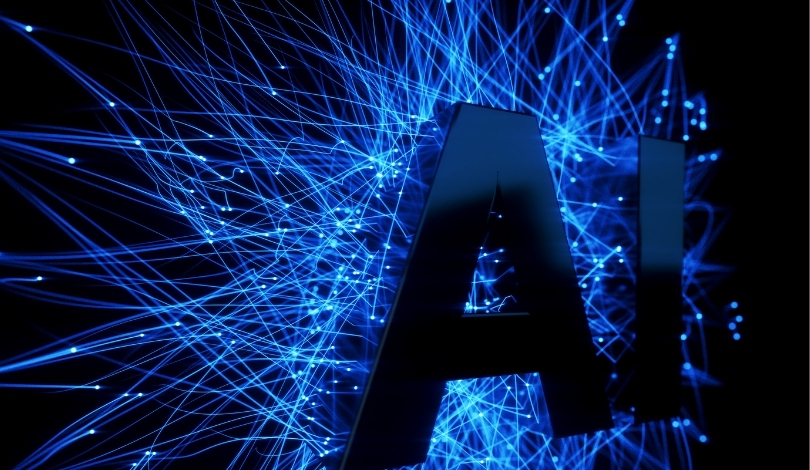OpenAI CEO Sam Altman addressed top policymakers in Washington, stressing both the benefits and dangers artificial intelligence poses to employment and national security. As AI technology rapidly advances, Altman argued that some industries, such as customer support, may soon see the complete disappearance of human roles. With Silicon Valley’s competitive drive and lawmakers’ varied approaches, the debate on safeguarding jobs remains contentious. Observers note that those directly impacted—workers and the public—have limited say as tech leaders shape the rules. As discussions intensify, voices within the industry warn of risks associated not just with AI itself, but with how organizations integrate these advanced tools.
Political attention to AI’s societal impact has intensified over time, with previous reports highlighting split perspectives among lawmakers. While some past testimonies drew attention to broader opportunities for industry growth, Altman’s recent statements focus on the need for regulatory guardrails due to immediate risks, especially in sectors like finance and healthcare. Earlier news cycles spotlighted the promise of tools such as OpenAI’s ChatGPT or Google’s Gemini to increase efficiencies, sometimes downplaying long-term workforce and ethical concerns. Now, more explicit warnings are surfacing, particularly regarding AI’s potential for misuse and the threat posed by foreign actors, marking a shift from mainly optimistic to more cautionary narratives.
How Is AI Affecting Jobs and the Economy?
Sam Altman predicts that specific job categories, such as customer support, may be entirely automated.
“Some areas, again, I think will be totally, totally gone,”
he stated, giving customer service as a primary example, and suggesting future interactions would involve only smart AI agents. Altman described these systems as capable of completing all tasks previously managed by human representatives, operating with notable accuracy and speed. The immediate shift he refers to is not a hypothetical projection but an ongoing process.
What Are the Key Concerns Around AI Deployment?
Industry professionals such as Jitterbit CTO Manoj Chaudhary have highlighted that careless adoption of AI, rather than the technology itself, poses the biggest threat to employment. Chaudhary emphasized that organizations deploying AI without careful planning risk losing human insight and facing unintended consequences. This viewpoint points to the need for human oversight and strategic integration in order to ensure AI is used productively and ethically, especially in areas requiring empathy and nuanced judgment.
Can AI Safeguard National Security and Public Trust?
Altman explained his worries about national security, detailing scenarios where adversaries could utilize AI to disrupt financial markets or exploit vulnerabilities in voice verification systems. He cited voice cloning as a technological advancement that, if weaponized, could lead to new forms of fraud. These remarks came as policy debates shift from previous regulatory-focused strategies under President Biden to calls for accelerated AI development to maintain an edge over China. Altman’s testimony occurred as OpenAI plans its first Washington office, underscoring efforts to shape future policy and maintain direct dialogue with lawmakers.
Debate continues over AI’s ability to replace human professionals in complex areas such as healthcare. While Altman claimed ChatGPT can already outperform many physicians in making diagnoses, he privately admitted a preference for human doctors in critical medical decisions. This contradiction reflects the ambiguity that persists as AI advances—increasingly capable, but still unable to replace the human element in high-stakes environments.
Discussions around AI’s impact oscillate between potential for economic progress and concern for widespread disruption. Technical opinions differ not only on the speed of automation but also on how best to prioritize defense against emerging threats. As leading brands such as OpenAI, Jitterbit, and Google with its Gemini suite continue advancing AI’s capabilities, the question of responsible adoption remains central. For readers in affected sectors, understanding current trends—and balancing innovative potential with effective oversight—may offer a clearer path for mitigating risks while leveraging benefits. Companies and policymakers are increasingly called upon to address practical implications, ensuring technology’s integration upholds both security and employment.
- Altman says AI will fully automate some jobs, including customer service roles.
- Experts warn that careless AI deployment risks undermining valuable human insight.
- Concerns grow over AI’s impact on national security and vital public services.









